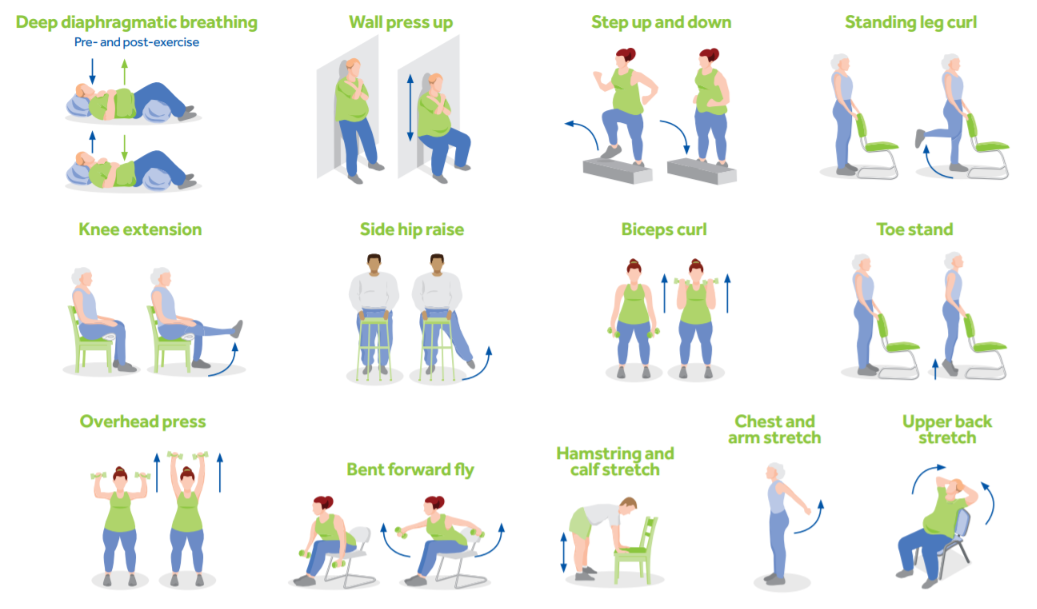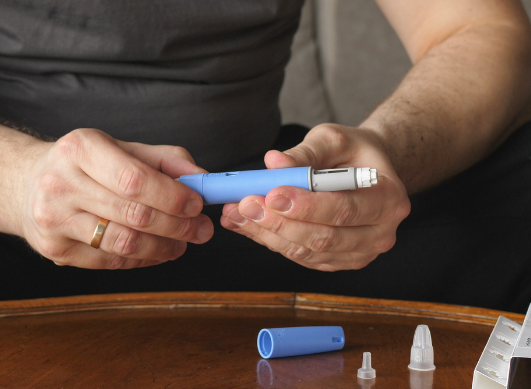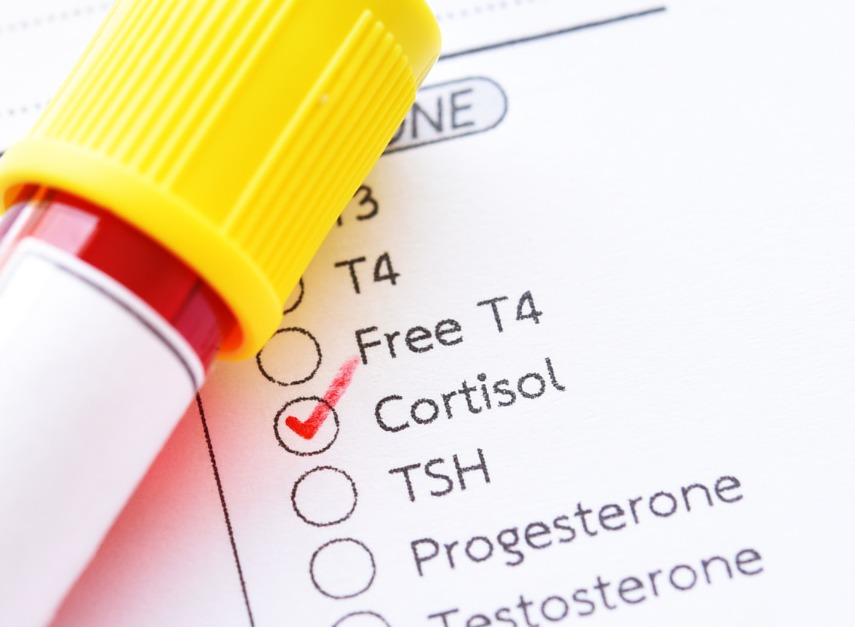Coronavirus and Obesity
Published Apr 23, 2020 • By Camille Dauvergne
Obesity is a chronic progressive condition that affects more than 70 million adults across the US, or approximately 43% of the adult population. Obesity is a major risk factor for many illnesses, including cardiovascular diseases and type 2 diabetes. It also has psychological and social consequences such as low self-esteem, social stigma and depression.
In the context of the coronavirus pandemic, the CDC has stated that obese patients are at high risk of developing a severe form of COVID-19 versus the general population.

What is the link between obesity and risk of COVID-19 complications?
Dr. Nicolas Veyrie, a bariatric surgeon, explains that the risk of complications is more related to the comorbidities (conditions co-occurring with the disease) of obesity than a direct link between obesity and coronavirus risk.
The risk is particularly high when these comorbidities are not managed by lifestyle and dietary measures or medication, in other words, when they are not stabilized and regularly monitored by a medical team.
Dr. Veyrie also points out that "the question of whether obesity is in itself a factor in the aggravation of COVID-19 is raised in view of the immunoregulatory problems often encountered in obese people and the proportion of obese patients in intensive care for complications of COVID-19".
How can I protect myself from the risk of coronavirus infection?
The first thing, according to Anne-Sophie Joly, president of the French National Collective of Obesity Associations (Collectif National des Associations d’Obèses (CNAO)), is to be aware of this risk if you are obese. You should first consult a specialist, who will offer you follow-up medical care adapted to your medical history; or your doctor if you are already being treated.
Given the risks of serious forms of COVID-19 infection in obese people, it is vital to respect lockdown and barrier gesture guidelines, and consult your doctor for the treatment of your obesity. Consultations should be done by telephone or teleconsultation where possible.
Can I continue to use self-prescribed anti-inflammatory drugs to relieve my joint pain?
When you are overweight or obese, extra pressure is put on the joints. This is why obese people very often suffer from joint problems such as osteoarthritis of the knee.
The management of joint pain may require the use of anti-inflammatory drugs such as Ibuprofen, Naproxen, Aspirin, Nabumetone, etc. There have been some news reports of anti-inflammatory painkillers, such as ibuprofen, making coronavirus worse. The CDC and FDA have found no scientific evidence that using ibuprofen or other Non-Steroidal Anti-Inflammatory Drugs (NSAIDs) makes the coronavirus infection worse. If you have been prescribed NSAIDS for your chronic condition, do not stop taking them without consulting your doctor by phone or tele-consultation first.
If in doubt, talk to your pharmacist or doctor.
Why has my bariatric surgery been cancelled?
Bariatric surgery is not considered a vital surgery (i.e. immediately life-threatening if not performed), so for patients who undergo it, it can wait a few weeks. For this reason, all procedures have been cancelled to date and will be rescheduled after the lockdown. A second reason is that after surgery, the patients' immune system is severely weakened, which could present a considerable risk of complications in the event of SARS-CoV2 (coronavirus) infection.
If you have recently undergone bariatric surgery, the American Society for Metabolic and Bariatric Surgery recommends that you take the vitamin and mineral supplements that have been prescribed to you on a regular basis so as not to weaken your immune system.
In case of abnormal abdominal pain after a weight loss surgery, do not hesitate to go to the hospital. In general, if your health condition requires you to go to the ER during the lockdown, do not hesitate to go. Precautions are taken to limit the risk of exposure to the virus.
I'm afraid that confinement will only make my obesity worse, how can I avoid it?
The decrease in physical activity, the anxiety and stress of the current situation, the change in habits... all of this is a major additional source of anxiety for obese patients.
The president of CNAO emphasizes the difficulty for obese patients to manage their dependencies (on sugar, for example) and their emotions in the current climate. She reminds us that it is essential to try to relax in order to avoid overeating due to the lack of control over your emotions, to engage in daily activities that you enjoy, to share how you're feeling with your loved ones and/or your doctor, and to continue being physically active at home!
Here is an example of some simple exercises you can do at home:

Source: The European Association for the Study of Obesity
To avoid a sedentary lifestyle, strengthen your muscles and improve your flexibility, you can for example:
- Walk (get up regularly every 90 minutes to take a few steps, walk whilst on the phone, etc.).
- During screen time, stretch your legs, move your hands (you can even use bottles as small dumbbells), dance during commercials, etc.
- Dance, go up and down the stairs.
- Do yoga, stretching or strength training. The US Department of Health and Human Services has started the Move Your Way initiative featuring a free Activity Planner which helps you to set your own weekly goals, choose the activities you want to do, and get personalized tips to help you stay motivated: Move Your Way Activity Planner
How can I adapt my diet?
Before you go shopping, it is important to prepare a list so that you don't get lost and be tempted to go off the shelves.
In terms of choice, favor fruits and vegetables, proteins (legumes, fatty fish, etc.) and starchy foods (to be eaten according to your appetite).
Don't change your eating habits. Keep the same routine (generally 3 meals a day). If you wish to change your habits, change them gradually.
Avoid eating ready-made meals. Try to cook yourself.
Here are some examples of recipes you can use:
- MyPlate Kitchen, USDA ChooseMyPlate
- Healthy Recipes, National Institute of Health
Listen to your body by taking into account your hunger and satiety signals before and during meals. Take the time to chew to allow your body to understand what is happening and to adapt the amount of food consumed to its needs. It is also important to take time to sit down and not do anything else while eating.
One trick you probably already know is to eat from a small plate rather than a large one in order to adjust your portion size.
Don't start a strict diet during the lockdown as this may increase food cravings.
If you have repeated cravings for food, try to identify the reasons why and work on the sources of tension (work-related stress, lack of sleep or physical activity, etc.).
Keep in touch with those around you as much as possible and don't hesitate to express your feelings by talking about them or even writing them down if you don't want to share them.
Who can I contact for questions about the current situation?
If you have any questions or difficulties, you can contact the following support systems and patient organizations:
- Find useful information for overweight and obese people and their family on the CDC's Overweight and Obesity page.
- Obesity Action Coalition - a more than 70,000 member-strong non-profit organization dedicated to giving a voice to the individual affected by the disease of obesity and helping individuals along their journey toward better health through education, advocacy and support. You can access their list of support groups to find a group in your area here.
- National Eating Disorders Association - the largest nonprofit organization dedicated to supporting individuals and families affected by eating disorders, contact them via their helpline at (800) 931-2237 (Monday-Thursday 11AM-9PM ET, Friday 11AM to 5PM ET), or their chatline (Monday-Thursday 9AM-9PM ET, Friday 9AM-5PM ET).
You can also access NEDA's tool to find a support group or eating disorder research study in your area here.
You can also find support on Carenity! It is important that we help one another especially in this difficult time of COVID-19 pandemic. Join the discussions now!

 Facebook
Facebook Twitter
Twitter


